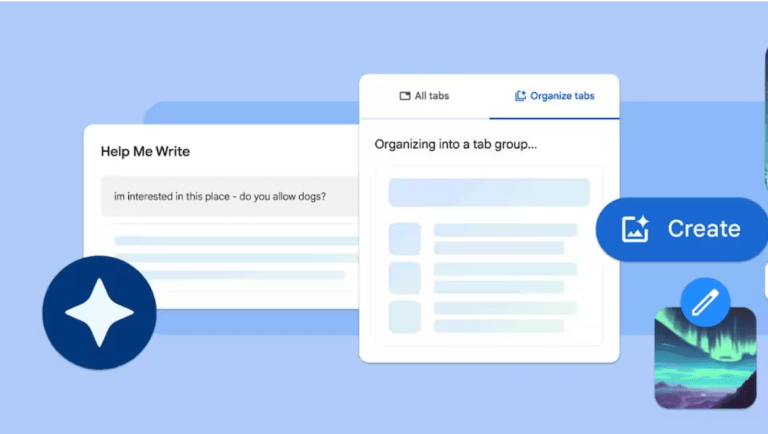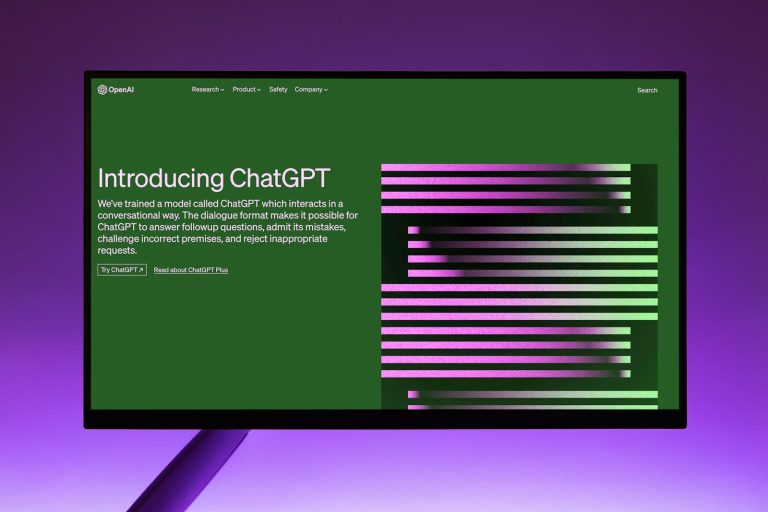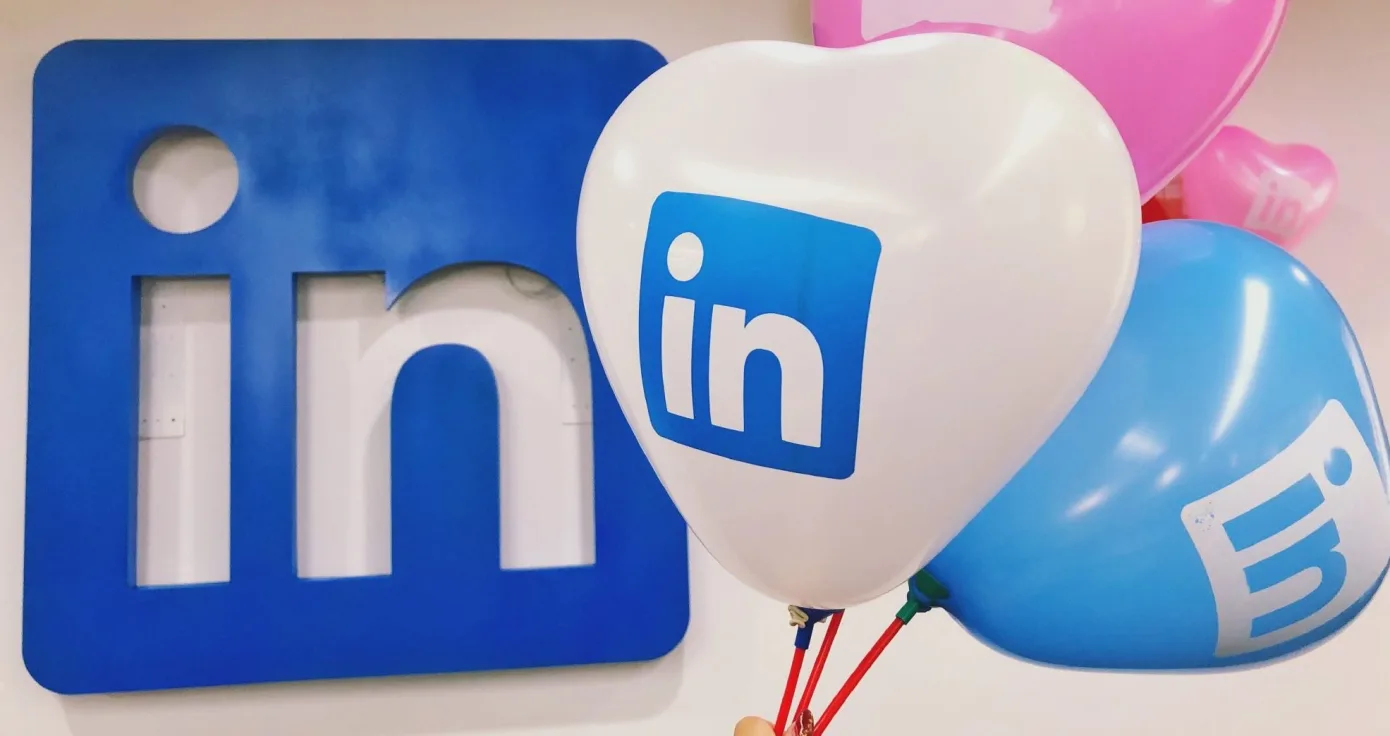New Report says AI could boost Africa’s economy by over $30 billion in 10 years

According to a recent report by research company Public First, over the course of the next ten years, artificial intelligence (AI) could boost Africa’s GDP by more than $30 billion.
The Google-commissioned analysis underscores the revolutionary potential of artificial intelligence (AI) and other new digital technologies, like cloud computing, to propel economic growth and tackle pressing concerns throughout the continent.
According to the research, artificial intelligence (AI) has a wide range of uses and great potential to spur growth and assist in resolving some of Africa’s most urgent problems, from raising agricultural output to boosting healthcare outcomes.
It was mentioned, for example, that AI technology might boost agricultural productivity through improved data analytics and precision farming methods, as well as enhance healthcare results by offering more precise diagnosis and treatment alternatives.
“With AI, the future of Africa’s digital economy is bright and full of possibilities,” the report stated.
An increase in internet access
Sub-Saharan Africa is reportedly entering a “digital decade,” with over half of the region’s population anticipated to have internet connection, according to the survey, which also examined connectivity in Africa.
It was stated that there are a lot of prospects for economic growth due to the increase in connectivity and the expanding use of digital tools.
According to the research, the GDP could increase by about 6% with just a 1% increase in internet access, highlighting the critical role that digital technology will play in determining the future of the continent.
The influence of Google
According to the analysis, Google products including YouTube, Maps, and Search contributed $16 billion to regional economic activity in 2023 alone.
“This underscores the important role these tools play in fostering growth, connectivity, and opportunity.
“At the same time, Google’s $1 billion commitment, announced in 2021, continues to enhance connectivity, drive innovation and support local entrepreneurs across the continent,” it said.
- While emphasizing the importance of skills development in unlocking Africa’s economic potential, the report noted that in 2023, Google’s Developer Scholarships and Digital Skills for Africa programs trained over 6.5 million people, resulting in a $7.8 billion boost in productivity.
- The report highlights that these newly acquired skills have enabled individuals and businesses to operate more efficiently and grow their operations, contributing to overall economic output.
- Moreover, 60% of young adults in Sub-Saharan Africa have used Google Search to apply for jobs, further demonstrating the impact of digital tools in building successful careers in the digital economy.
Suggestions for governments in Africa
The research presents a number of strategic recommendations for governments to consider in order to fully leverage the promise of artificial intelligence (AI) and other digital technologies. These include giving cloud-first policies priority and improving digital infrastructure to facilitate the adoption of AI and wider digital transformation.
According to the report, African nations must also improve STEM education, encourage AI fluency, and provide chances for lifelong learning.
In order to encourage responsible AI development, the paper also recommended creating high-quality, diversified datasets and enacting laws that strike a balance between innovation and morality.
Things to be aware about
Google declared in 2021 that it will contribute $1 billion over the course of five years to help with connectivity and accelerate Africa’s digital revolution.
The company states that the cash would be used to support cybersecurity by strengthening cybersecurity, invest in entrepreneurs to accelerate Africa’s digital transformation, and build digital infrastructure to improve connectivity.
Google stated in May 2024 that it has committed more than $900 million to Africa and anticipates finishing the project by 2026.







